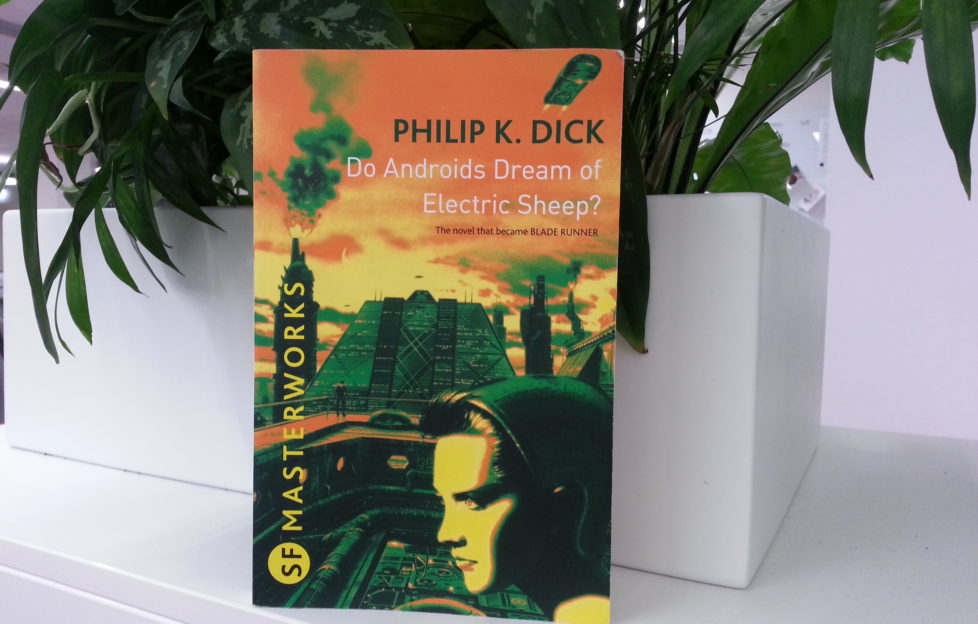Background and Publication
Philip K. Dick's novel Do Androids Dream of Electric Sheep? was first published in 1968. The story is set in a post-apocalyptic San Francisco, where Earth's environment has been severely damaged by nuclear war, leading to the extinction or endangerment of most animal species. In this setting, owning real animals becomes a significant status symbol, and realistic robotic imitations serve as substitutes for those who cannot afford live ones. The novel delves into themes of humanity, empathy, and the moral implications of artificial life.
Plot Summary
The protagonist, Rick Deckard, is a bounty hunter employed by the San Francisco Police Department. His job is to "retire" (a euphemism for kill) rogue androids that have escaped from off-world colonies and attempt to blend into human society on Earth. The latest models, known as Nexus-6, are highly advanced and nearly indistinguishable from humans. Deckard's mission becomes increasingly complex as he grapples with the ethical and emotional challenges posed by his targets.
Parallel to Deckard's narrative is the story of John Isidore, a man of sub-par intelligence who befriends the fugitive androids. Isidore's interactions with the androids and his experiences in a decaying world provide a contrasting perspective on the novel's exploration of empathy and what it means to be human.
Themes and Analysis
The novel explores several profound themes:
- –
Humanity and Empathy: The distinction between humans and androids is primarily based on the capacity for empathy. The Voigt-Kampff test, used to identify androids, measures empathetic responses, suggesting that empathy is a defining human trait.
- –
Reality and Illusion: The blurred lines between reality and artificiality are central to the narrative. Characters struggle with discerning authentic experiences from manufactured ones, raising questions about the nature of reality.
- –
Moral Ambiguity: Deckard's internal conflict over killing androids, who exhibit human-like qualities, challenges the moral justification of his actions and the societal norms that deem androids as expendable.
Adaptations and Legacy
The novel served as the basis for the 1982 film Blade Runner, directed by Ridley Scott. While the film diverges from the novel in several aspects, it retains core themes and has significantly influenced the science fiction genre. The novel's exploration of artificial intelligence and the essence of humanity continues to resonate in contemporary discussions about technology and ethics.
Author: Philip K. Dick
Philip K. Dick (1928–1982) was an American writer known for his contributions to science fiction. His works often explore complex themes such as reality, identity, and human nature. Do Androids Dream of Electric Sheep? is among his most acclaimed novels, reflecting his philosophical inquiries and narrative innovation.
Critical Reception
Upon its release, the novel received mixed reviews but has since been recognized as a seminal work in science fiction literature. It was nominated for the Nebula Award in 1968 and has been praised for its thought-provoking exploration of ethical and existential questions.
Influence and Cultural Impact
Beyond its adaptation into Blade Runner, the novel has inspired various works in literature, film, and other media. Its themes remain relevant, influencing discussions on artificial intelligence, consciousness, and the future of human-android relations.
